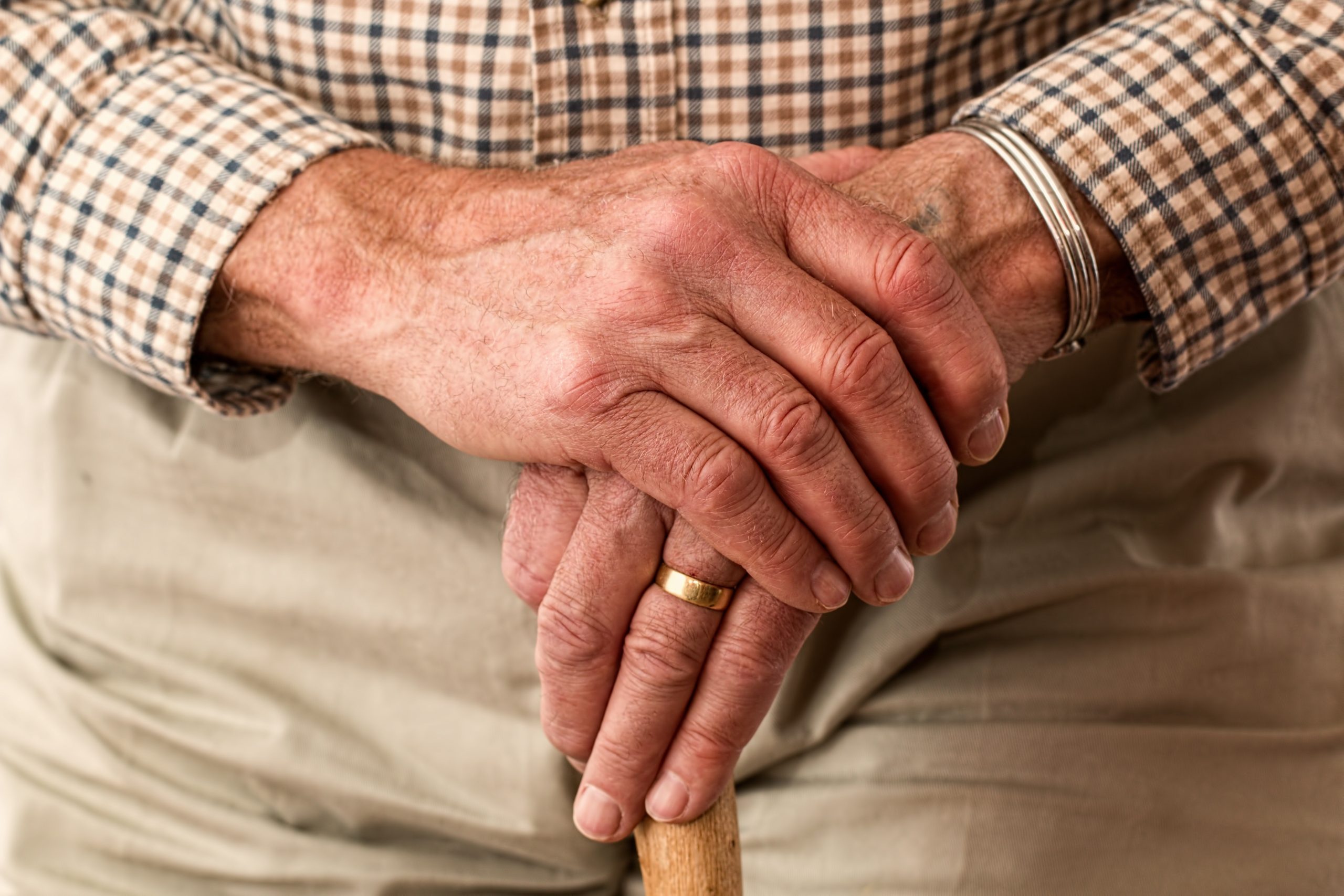Mobility Matters: The Link between Movement and Mental Health in Seniors

The image is not directly related to the article. It merely symbolizes the life of elderly people.
As we age, it’s normal for our bodies to slow down and become less mobile. However, recent research has shown that maintaining movement and physical activity is crucial for maintaining mental health in seniors. The link between movement and mental health is clear, and it’s important for seniors and their caregivers to prioritize physical activity to promote optimal mental well-being.
Physical activity has been shown to reduce anxiety and depression in seniors. Exercise releases endorphins, which are natural mood boosters that help combat feelings of sadness or stress. Seniors who engage in regular physical activity also report higher levels of self-esteem and confidence, which can help reduce feelings of anxiety.
In addition to the immediate mental health benefits, physical activity can also help prevent cognitive decline in seniors. Regular exercise has been linked to improved memory and cognitive function, as well as a reduced risk of developing dementia. This is because exercise promotes the growth of new brain cells and improves blood flow to the brain.
Mobility is also important for socialization and community engagement. Seniors who are able to move around easily are more likely to be able to participate in social activities and maintain relationships with friends and family. Socialization is crucial for mental health, as it provides a sense of belonging and connection to others.
Unfortunately, mobility can become a challenge as we age. Chronic conditions such as arthritis or Parkinson’s disease can make it difficult to move around, and injuries or falls can further limit mobility. This is why it’s important for seniors to prioritize physical activity and work with their healthcare providers to develop a safe, effective exercise plan.
There are many ways for seniors to incorporate physical activity into their daily routine. Walking, swimming, and yoga are all low-impact exercises that are gentle on the joints and can be done at any age. Resistance training and balance exercises can also help improve mobility and prevent falls.
It’s important to note that seniors should always consult with their healthcare provider before starting a new exercise program. Depending on their health status and mobility level, certain exercises may be more appropriate than others. A healthcare provider can also help seniors develop a safe exercise plan and monitor their progress over time.
In conclusion, mobility matters for mental health in seniors. Regular physical activity can help reduce anxiety and depression, prevent cognitive decline, and promote socialization and community engagement. Seniors and their caregivers should prioritize physical activity and work with their healthcare providers to develop a safe, effective exercise plan. By staying active and mobile, seniors can maintain optimal mental well-being and enjoy a high quality of life.
The image is not directly related to the article. It merely symbolizes the life of elderly people. As we age, it’s normal for our bodies to slow down and become less mobile. However, recent research has shown that maintaining movement and physical activity is crucial for maintaining mental health in seniors. The link between movement…
Recent Posts
- Empowering Caregivers: The Best Online and Offline Resources to Enhance Your Skills
- Traveling with a Purpose: The Rise of Volunteer Vacations
- Breaking Stigma: Dispelling Myths about Mobility Aids and Disability
- Avoiding Probate: How Trusts Can Simplify the Estate Settlement Process
- Senior Citizens Beware: Common Financial Scams and How to Stay Protected

